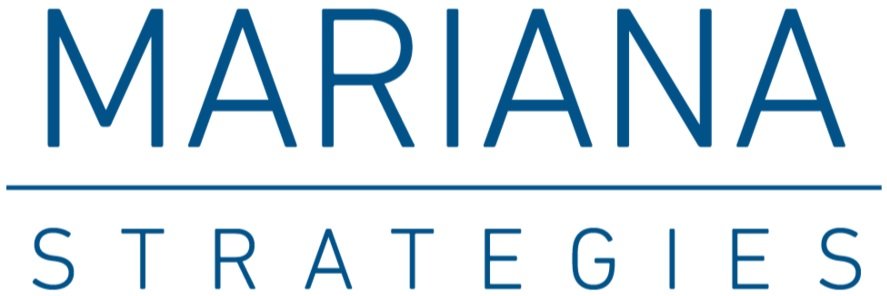Bystander intervention skills help prevent and address conflicts at work
This course focuses on communication skills, bystander intervention, and implementation of strategy to tackle thorny issues in the workplace.
We'll look at how to have challenging one to one conversations, and touch on power dynamics, changing workplace relationships, and more.
Does your workplace training measure effectiveness?
Ours does.
A Data-Driven Approach
To assess the effectiveness of the training, we measure knowledge and behaviors before and after the workshop:
Pre-workshop data establishes a baseline, identifying knowledge gaps and areas for improvement.
Post-workshop data measures knowledge gains, shifts in attitudes, and changes in planned behavior.
Ongoing tracking allows your organization to evaluate whether training leads to meaningful, long-term cultural improvements.
A focus on data supports sustained behavior change by identifying trends, reinforcing positive behaviors to create a safer, more respectful work environment.
What Our Bystander Intervention and Speak-Up Culture Course Covers - And How We Do It:
Details
90 minutes (live) plus 30 minutes asynchronous content
Facilitated live by an expert
Activities, breakouts, and more interactive content
Speaking Up as a Bystander
Communicating expectations for behavior, whether as a bystander or as someone experiencing harassment or microaggressions at work
Strategies for Holding a Challenging Conversation
Review of strategy, practice and takeaways for addressing problems at work
Accountability
Impact of our actions doesn’t always match our intent
How do we address the harm caused when we say or do something that hurts another person? How do we build stronger relationships and teams?
Post Workshop Support
Materials that reinforce learning by email
Reminders on crucial communications skills
Strategies to use to address, rather than avoid, conflict
Our Bystander Intervention Workshops Builds Your Skills
Understanding the difference between impact and intent of our actions, and taking responsibility when we cause harm;
Using bystander intervention strategies to speak up at work;
Developing empathy and other EQ skills for challenging conversations; and
Building a strategy they can use to approach any challenging conversation
Why Should Your Team Build Bystander Intervention Skills?
The U.S. Equal Employment Opportunity Commission (EEOC) underscores the significance of bystander intervention in preventing workplace harassment. In its 2016 report, the EEOC highlighted that bystander intervention training educates employees to recognize and address potentially problematic behaviors, fostering a collective sense of responsibility. This approach empowers workers to actively prevent harassment, contributing to a culture where such conduct is not tolerated.
Further emphasizing this, the EEOC's "Promising Practices for Preventing Harassment" recommends that employers implement bystander intervention training as part of a comprehensive strategy to prevent and address harassment. This training equips employees with the skills and confidence to intervene when they witness inappropriate behavior, thereby promoting a respectful and inclusive workplace.
By integrating bystander intervention training, organizations can proactively address and reduce instances of workplace harassment, aligning with the EEOC's guidance on fostering safe and equitable work environments.



